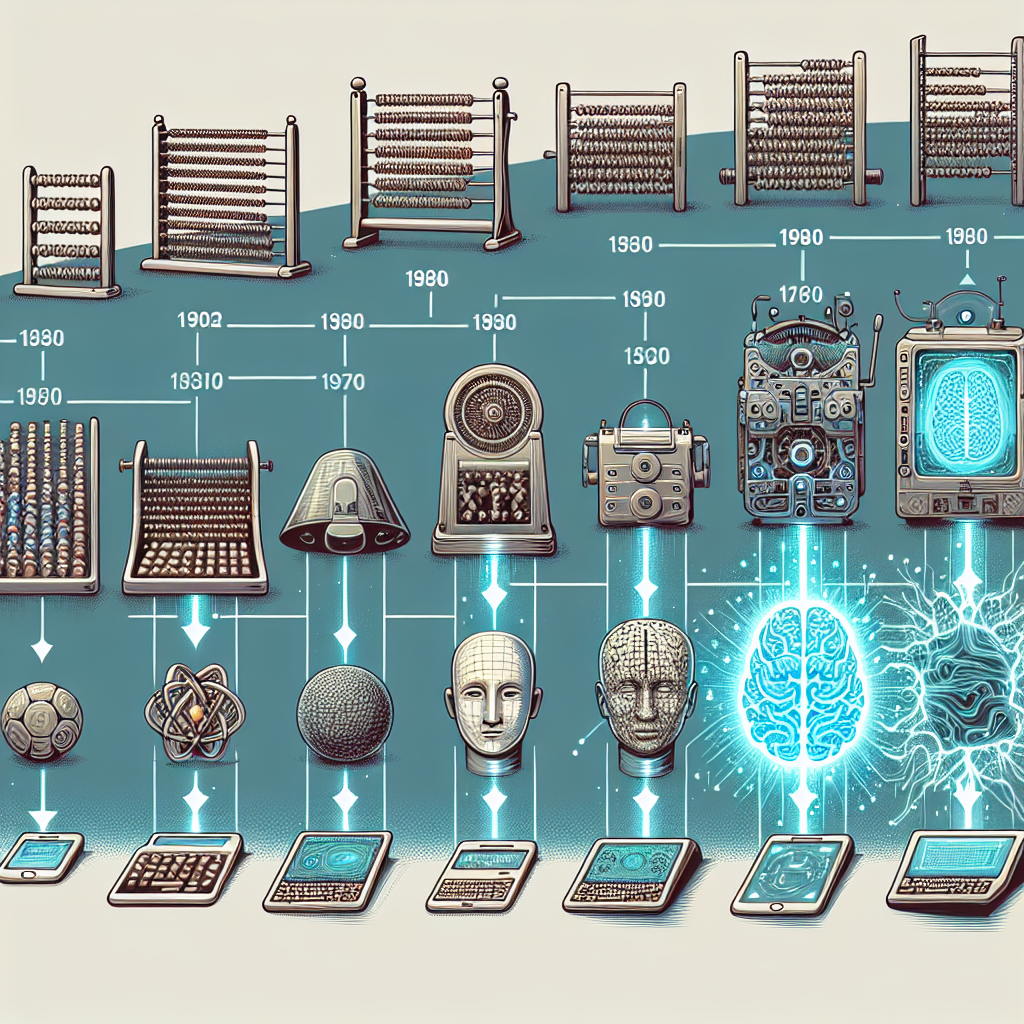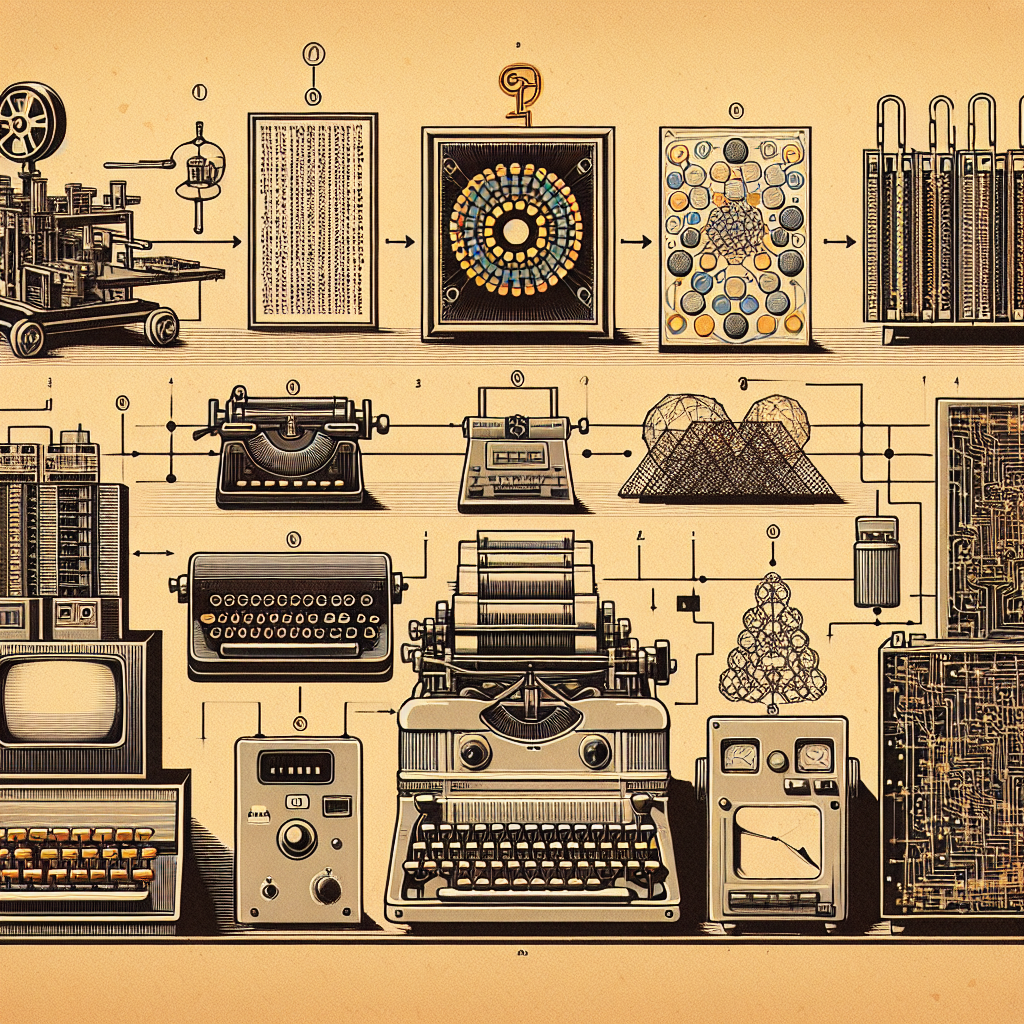Artificial Intelligence (AI) has come a long way since its inception, with numerous breakthroughs and innovations shaping its evolution over the years. From its humble beginnings in the 1950s to the present day, AI has undergone significant advancements that have transformed the way we live, work, and interact with technology. In this article, we will explore the timeline of key breakthroughs and innovations that have propelled the field of AI forward.
1950s-1960s: The Birth of AI
The term “artificial intelligence” was first coined by computer scientist John McCarthy in 1956, marking the beginning of the AI revolution. During this period, researchers focused on developing basic AI programs that could perform simple tasks, such as playing chess or solving mathematical problems. One of the earliest AI programs, the Logic Theorist, was developed by Allen Newell and Herbert A. Simon in 1956, demonstrating the potential of AI to automate logical reasoning tasks.
1970s-1980s: Expert Systems and Machine Learning
In the 1970s and 1980s, AI researchers shifted their focus to developing expert systems – AI programs that could mimic the decision-making capabilities of human experts in specific domains. One of the most notable examples of this era was the MYCIN system, developed by Edward Shortliffe in 1976, which could diagnose infectious diseases with a level of accuracy comparable to human experts.
During this period, machine learning algorithms also gained prominence, enabling AI systems to learn from data and improve their performance over time. The development of algorithms such as neural networks and decision trees laid the foundation for modern AI applications, including speech recognition, image classification, and natural language processing.
1990s-2000s: Big Data and Deep Learning
The explosion of digital data in the 1990s and 2000s provided AI researchers with access to vast amounts of information that could be used to train more sophisticated AI models. This era saw the rise of deep learning – a subfield of machine learning that uses neural networks with multiple layers to extract complex patterns from data.
One of the key breakthroughs of this period was the development of convolutional neural networks (CNNs) for image recognition tasks. In 2012, the AlexNet CNN model achieved a significant improvement in image classification accuracy, demonstrating the power of deep learning in solving real-world problems.
2010s-Present: AI in the Age of Automation
In recent years, AI has made significant strides in automating tasks that were once thought to be the exclusive domain of human intelligence. From self-driving cars to virtual assistants, AI-powered technologies have become increasingly integrated into our daily lives, transforming industries and reshaping the way we work and communicate.
The development of reinforcement learning algorithms, such as AlphaGo by DeepMind in 2016, has pushed the boundaries of AI capabilities, enabling machines to achieve superhuman performance in complex games and tasks. As AI continues to evolve, researchers are exploring new frontiers such as explainable AI, ethical AI, and AI for social good, to ensure that AI technologies are developed and deployed responsibly for the benefit of society.
In conclusion, the evolution of AI has been a journey marked by breakthroughs and innovations that have transformed the field from a theoretical concept to a practical reality. As we look towards the future, the possibilities of AI are endless, with the potential to revolutionize industries, improve our quality of life, and shape the world we live in.
#Evolution #Timeline #Breakthroughs #Innovations,ai & i: an intellectual history of artificial intelligence



